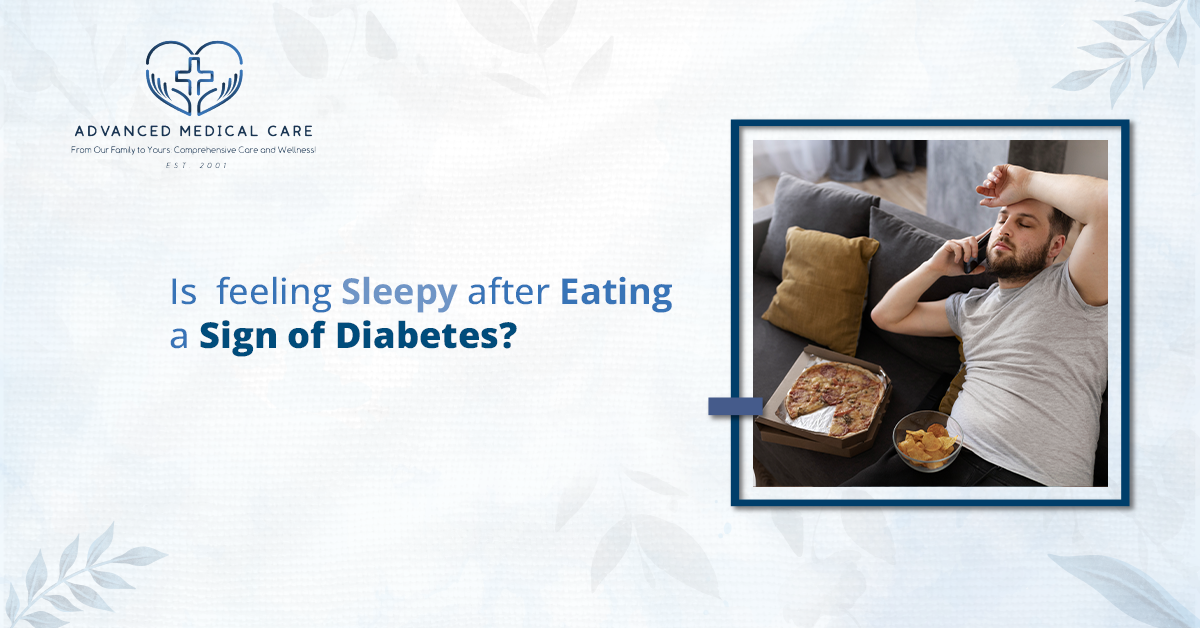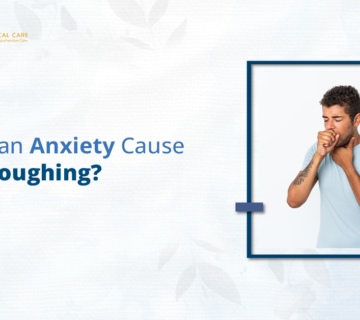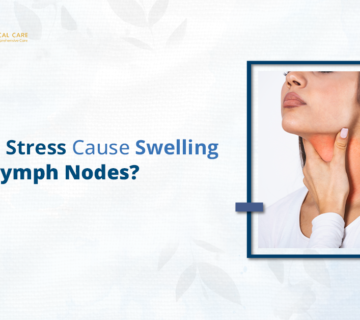Many of individuals feel exhausted after their meal. However, if every meal makes you feel unwell, it might be a sign of diabetes.
Let’s look into “Is feeling sleepy after eating a sign of diabetes?”
At Advanced Medical Care, we assist with diabetes and encourage healthier living. Our team provides personalized, empathetic support, always prepared to assist. Contact us today.
What Causes Sleepiness after Eating?
Feeling sleepy after a meal is recognized as a “food coma.” Many factors contribute to this, from harmless to concerning. The main reasons are:
- Blood Sugar Levels: Eating raises insulin levels, helping cells absorb energy. In diabetes, blood sugar control falters, leading to fatigue.
- Digestive Process: Additional blood is directed to the digestive system following consumption, resulting in drowsiness.
- Type of Food: Meals high in carbs or sugars can spike, then drop, blood sugar levels. This leads to tiredness. Pasta, soft bread, and sugary delights are the instigators.
- Hormonal Responses: After a good meal, hormones like insulin can make us sleepy. However, in diabetes, this balance is disrupted, causing uncontrollable sleepiness after eating diabetes.
Is Feeling Sleepy after Eating a Sign of Diabetes?
Diabetes means your body can’t control blood sugar, leading to high or low levels. Each can make you tired, especially after meals. The body struggles to produce or use insulin. This hormone regulates blood sugar. It causes disrupted glucose metabolism. This causes blood sugar levels to fluctuate. It may induce sleepiness post-meal.
-
High Blood Sugar (Hyperglycemia)
High blood sugar, often unnoticed, drains diabetics. After eating many carbs or sweets, their blood sugar spikes. The body then needs insulin.
People with type 2 diabetes lack insulin or can’t use it well. This causes fatigue and low energy. Keeping blood sugar steady becomes a tough task, with fatigue always nearby.
-
Low Blood Sugar (Hypoglycemia)
Low glucose levels, or hypoglycemia, often trouble diabetics. Insulin users and those on similar drugs are most at risk.
After a meal, blood sugar sometimes drops. This is more likely with insulin or similar medications.
The result is tiredness, dizziness, and confusion. So, feeling sleepy after eating could signal hypoglycemia.
Why Are Diabetics Always Hungry?
Diabetes is often marked by excessive hunger, called polyphagia. This constant craving occurs when the body can’t use glucose properly. Even with plenty of glucose in the bloodstream, energy remains out of reach.
In need of an energy source, the body communicates craving signals to the brain. Insulin insensitivity, a characteristic of type 2 diabetes, activates this cycle of cravings. Diabetics often search for satisfaction in their dining experience.
To avoid fatigue and overeating, monitoring food intake becomes essential.
Is Diabetes a Critical Illness?
Diabetes is serious. It’s a hidden danger. It doesn’t seem urgent but ignoring it can lead to major problems. Some of these complications include:
- Heart disease
- Kidney failure
- Nerve damage
- Vision loss
With proper care, diabetes is manageable. By changing your lifestyle, you can live fully. Good management allows for a healthy life. So, make these changes to take control of your health.
Recognizing the importance of diabetes is vital. It helps in preventing complications from unstable blood sugar. Awareness and action are crucial.
What Effect Does Bed Rest Have on Plasma Glucose Levels?
Bed rest can disrupt blood sugar balance. Prolonged inactivity slows metabolism and impairs insulin function. This leads to unstable blood sugar in diabetics.
However, even light activity helps maintain glucose levels. So, stay active; your body will benefit.
Do Carbs Make You Sleepy or Give You Energy?
Carbohydrates energize your system, but they have their distinctions.
- Simple Carbs: These sweet treats provide an instant energy lift. However, this is followed by a collapse, making you feel tired.
- Complex Carbs: Found in whole grains and colorful vegetables, they offer consistent energy. This keeps you satisfied and active.
Choosing complex carbs over simple ones helps avoid tiredness after meals, minimizing the effects of crab fatigue.
What to Do after Binging on Sugar?
Eating too much sugar can lead to a crash and various problems. Here are a few things you can do if you feel tired after eating sugar:
- Get Moving: Exercise helps regulate blood sugar and increases energy.
- Drink Water: Stay hydrated to manage blood sugar and fight tiredness.
- Avoid More Sugar: Drop sugar for energy. Eat balanced meals with protein and healthy fats instead.
Knowing how food affects your body can help you. It can help you avoid tiredness or diabetes exhaustion after eating.
When to Get Medical Advice
If you often feel tired after eating sugar or have diabetes exhaustion after eating, consult a healthcare provider.
Fatigue after meals can signal diabetes. Early diagnosis can prevent complications.
A healthcare professional may recommend blood tests, like the A1C test. It checks your blood sugar levels over time. It helps Identify diabetes or risk factors.
Conclusion
So, is feeling sleepy after eating a sign of diabetes? It can be, but several aspects are included.
Feeling sleepy after meals is normal. But if it happens often and comes with excessive thirst, frequent bathroom visits, or unexplained weight loss, see a doctor.
Managing blood sugar is essential. A tasty diet, regular exercise, and the right meds can enhance your energy.
If diabetes or another health issue is a concern, getting professional advice is vital. By linking food, energy, and diabetes, you can regain your energy and take charge of your health.
FAQs
Why do carbohydrates make me sleepy?
Simple carbs raise your blood sugar quickly. However, this leads to a crash, leaving you tired and sleepy.
Why does my whole body feel heavy and weak?
It might be low blood sugar, dehydration, or nearby diabetes.
Why do I feel anxiety after I eat?
Blood sugar swings can trigger anxiety for many people. These rapid changes often lead to feelings of unease and jitteriness. Understanding this link is key to managing both mood and metabolism.
Does taking a nap lower blood sugar?
A nap doesn’t fix blood sugar directly, but it helps. It allows the body to recover from fatigue caused by glucose swings.






No comment